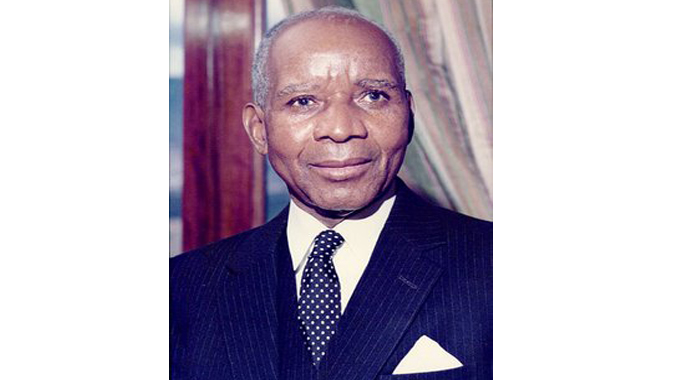The Chronicle

Stephen Mpofu, Perspective
A MODICUM relief pervades the beleaguered minds of millions of Zimbabweans here at home and many fellow nationals next door to us in South Africa as you (yes, you) and this communicologist revisit through this discourse the recent brutal murder of Elvis Nyathi, originally of Matobo district, in Diepsloot North, by vigilantes after he failed to pay them a R300 bribe when demanding documentary proof of his stay in South Africa.
Butchering and then burning their victim as if he were a dangerous snake or a thieving dog is not remotely matched by the brutal treatment of blacks in that country by Boers during apartheid before independence finally dawned on that Sadc country in April 1994.
That the vigilantes hunting down Zimbabweans and other nationals without documental authorisation of their stay in that country are not known to be implementing an official mandate obviously puts the South African government in a invidious position for not reading the riot act, as it were, to the thugs for taking the law into their own hands as though they were the eyes of the state.
If reports by immigrant workers in that country are anything to go by, the truth of the matter in the case in point in this discourse is not that the vigilantes truly want to know if foreigners are authorised to stay in that country but that the South Africans are enraged by the fact that foreigners, among them Zimbabweans, hold down jobs for pay that the locals consider lower than what they themselves would want to get.
But that is an excuse to cover up the laziness by many South Africans who are known instead to prefer robberies and other criminal acts to earn quick money without breaking a sweat; otherwise why do they not engage labour unions — if these do not exist form new ones — to fight for better pay for workers instead of venting their unjustified wrath on innocent foreigners in that country to help develop its economy for the benefit of citizens there.
Which is why for many, many years during colonial era in southern Africa people from Nyasaland (Malawi), Northern Rhodesia, now Zambia, and Southern Rhodesia, our own Zimbabwe, flocked to then South Africa to take up jobs in the gold mines because the fight by blacks there against apartheid included stagnation of the economy under the racist Boers in power then.
For instance, in the 70s thousands of blacks were recruited from this country by Wenela to work in its gold mines in South Africa and they were paid compensation for their work much later at Zimbabwe’s Independence.
Or are the blacks in South Africa unable to reciprocate the support and protection that their political leaders received from Zimbabwe when fighting the apartheid regime from our country? Curiosa and curiosa.
Modern generations in countries north of the Zambezi might wish to know that the late Dr Hastings Kamuzu Banda also jumped the border south of Beitbridge across the Limpopo river and to South Africa before later finding his way to the United States of America where he studied and later proceeded to England and then to West Africa before returning home to lead his country to independence as Malawi in the early 60s.
 The late Dr Hastings Kamuzu Banda
The late Dr Hastings Kamuzu BandaSouth Africa has also been used by East Africans as a through way for them to the West.
Today Zimbabweans continue to go to South Africa by jumping the borders and through the official Beitbridge exit point in search of employment to grow the economy of South Africa as a member of the Southern African Development Community so that their contribution developmentally should be appreciated by fellow blacks in that country as their work improves the welfare of our next door neighbours instead of being unjustifiably rejected by self-anointed vigilantes, too lazy bones to feed themselves and their nation.
Reports from South Africa have said law enforcement agents have accounted for 14 suspects in the murder of Nyathi and so they deserve praise for enforcing the law that should ferret out accomplices to face the wrath of the law in that sordid murder case.
What remains now is for the courts as agents of justice to do their part in the case in point which is bound to remain harrowing the minds of many, many people for many years to come.
We shall therefore, all wait with our fingers crossed for the courts there to impose sentences deterrent to potential offenders against foreign nationals.
Article Source: The Chronicle
